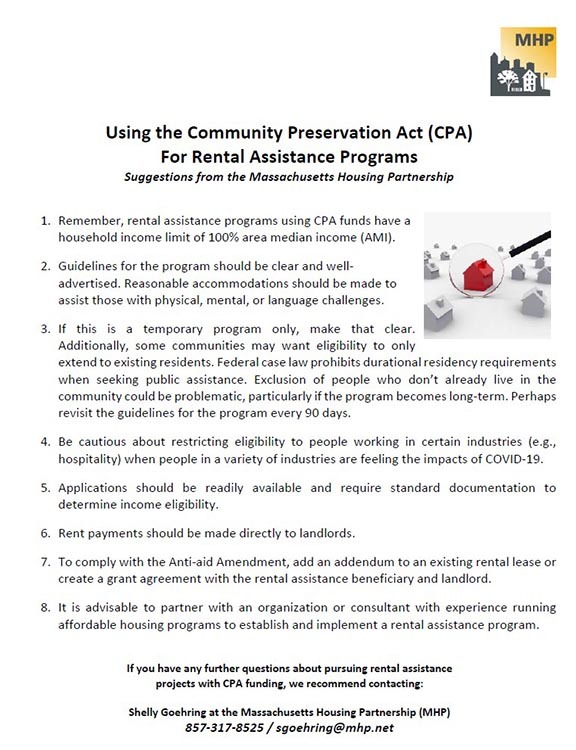
Are you thinking about pursuing a career in finance or accounting? To help you decide which field to choose, read this article. We will be discussing the job responsibilities of each profession as well as the educational requirements. We will also discuss the outlook for each field. So, get started reading! You'll be glad you did! Now you're able to make an educated decision about your future career.
What are your job responsibilities?
If you are a business student, it is possible to consider a degree in finance or accountancy. Both are on the rise, and both will see a 5% increase in employment over the next five-years. Accounting professionals maintain financial records, make tax-return preparations, and make recommendations to clients. Additionally, both finance and accounting professionals can analyze the company's finances to find potential growth patterns. It doesn't matter if your goal is to become an accountant or a finance professional. Make sure you understand the differences and similarities.
Both fields require solid financial management knowledge, but each job has its own responsibilities. Accounting professionals are responsible to track every dollar spent by companies, prepare financial reports, and communicate those decisions to the top management. Finance professionals need to be proficient in English and can create multiple reports. The job description for an accountant should be attractive to qualified applicants. You can also use the information in the description to recruit experienced members of your team.

Career paths
A career in finance or accounting is an excellent way to earn a living and manage money. These areas offer great growth potential. Be sure to consider your personality traits before you decide on a career path. These careers can be very rewarding and profitable. These are just a few examples you might be able to pursue in finance. They all have many opportunities for advancement. Here are some benefits to a career in accounting and finance.
A bachelor's in finance will help you gain a better understanding of the field as well as a strong foundation for your career. The financial industry offers many roles for those who have a master's in finance. An MBA in finance can be pursued by graduates. This advanced degree will give them a thorough business education. After you graduate, it is possible to go on to manage your career.
Education requirements
Finance and accounting education requirements are not the same. The focus of a finance degree is usually on helping people achieve financial goals. An accountant is more focused than finance on financial statements. A finance degree can however be very useful in helping to prepare for the CPA exam. Both can lead to lucrative careers and require a lot of coursework. There are many similarities and differences between the two fields. Continue reading for more. Here are some of the key differences between finance and accounting.
The main differences between finance and accounting are in the courses taken and the practical skills needed. Although accountants are more secure in their jobs, finance majors may be more open to change and adapting to the demands of their field. A finance degree can help them gain a better understanding of financial management and have a greater role in company financial strategy. Both majors, however, work closely with financial statements. The same information may be used to predict future performance.

Job outlook
For someone who is new to the workforce, it can be challenging to choose between a career with finance or accounting. It's important that you understand the differences between the fields to ensure you are able to choose the right one for yourself. Here are some of the key differences and similarities as well as their job outlook. Both fields will continue to grow, but there are major differences.
While accounting and finance share many jobs, both professions require different skills. Accounting professionals create and analyze financial statements. Financial analysts use past financial data in order to forecast the future. You must also be able to think ahead, since reports may be years or months old. As such, the two fields require a different set of personality traits. These are the major corporate functions of accounting or finance.
FAQ
What is reconciliation?
It's vital as mistakes may happen, and you don't know what to do. Mistakes include incorrect entries, missing entries, duplicate entries, etc.
These problems can cause serious consequences, including inaccurate financial statements, missed deadlines, overspending, and bankruptcy.
What type of training is required to become a Bookkeeper?
Basic math skills are required for bookkeepers. These include addition, subtraction and multiplication, divisions, fractions, percentages and simple algebra.
They should also know how to use computers.
Many bookkeepers have a highschool diploma. Some even have college degrees.
What are the steps to get started with keeping books?
You will need a few things to begin keeping books. These items include a notebook and pencils, calculator, staplers, envelopes, stamps and a filing drawer or desk drawer.
Why Is Accounting Useful for Small Business Owners?
Accounting is not only useful for big businesses. Accounting is also beneficial for small business owners, as it allows them to keep track of all their money.
If you run a small business, you likely know how much money comes in each month. What happens if an accountant isn't available to you? It's possible to be confused about where your money is going. It is possible to forget to pay your bills on a timely basis, which can negatively affect your credit rating.
Accounting software makes it easy to keep track of your finances. And there are many different kinds available. Some are completely free, while others can cost hundreds of thousands of dollars.
You will need to learn the basic functions of every accounting system. By doing this, you will not waste time learning how to operate it.
These are the basics of what you should do:
-
You can enter transactions into your accounting system.
-
Keep track of your income and expenses.
-
Prepare reports.
Once you have these three skills, you are ready to begin using your new accounting program.
Statistics
- The U.S. Bureau of Labor Statistics (BLS) projects an additional 96,000 positions for accountants and auditors between 2020 and 2030, representing job growth of 7%. (onlinemasters.ohio.edu)
- Given that over 40% of people in this career field have earned a bachelor's degree, we're listing a bachelor's degree in accounting as step one so you can be competitive in the job market. (yourfreecareertest.com)
- a little over 40% of accountants have earned a bachelor's degree. (yourfreecareertest.com)
- In fact, a TD Bank survey polled over 500 U.S. small business owners discovered that bookkeeping is their most hated, with the next most hated task falling a whopping 24% behind. (kpmgspark.com)
- According to the BLS, accounting and auditing professionals reported a 2020 median annual salary of $73,560, which is nearly double that of the national average earnings for all workers.1 (rasmussen.edu)
External Links
How To
Accounting: How to Do It Right
Accounting is a collection of processes and procedures that businesses use to record and track transactions. It includes recording income and expenses, keeping records of sales revenue and expenditures, preparing financial statements, and analyzing data.
It also involves reporting financial data to stakeholders such shareholders, lenders investors customers, investors and others.
Accounting can take many forms. There are several ways to do accounting.
-
You can also create spreadsheets manually.
-
Using software like Excel.
-
Notes on paper for handwriting
-
Using computerized accounting systems.
-
Using online accounting services.
There are several ways to account. Each method comes with its own set of advantages and disadvantages. The type of business you have and the needs of your company will determine which method you choose. Before you decide on any one method, consider all the pros and disadvantages.
In addition to being efficient, there are other reasons you may decide to use accounting methods. If you're self-employed, for example, it might be a good idea to keep accurate books as they can provide proof of your work. You might prefer simple accounting methods if your business is small or does not have large financial resources. Complex accounting is better if your company generates large cash flows.